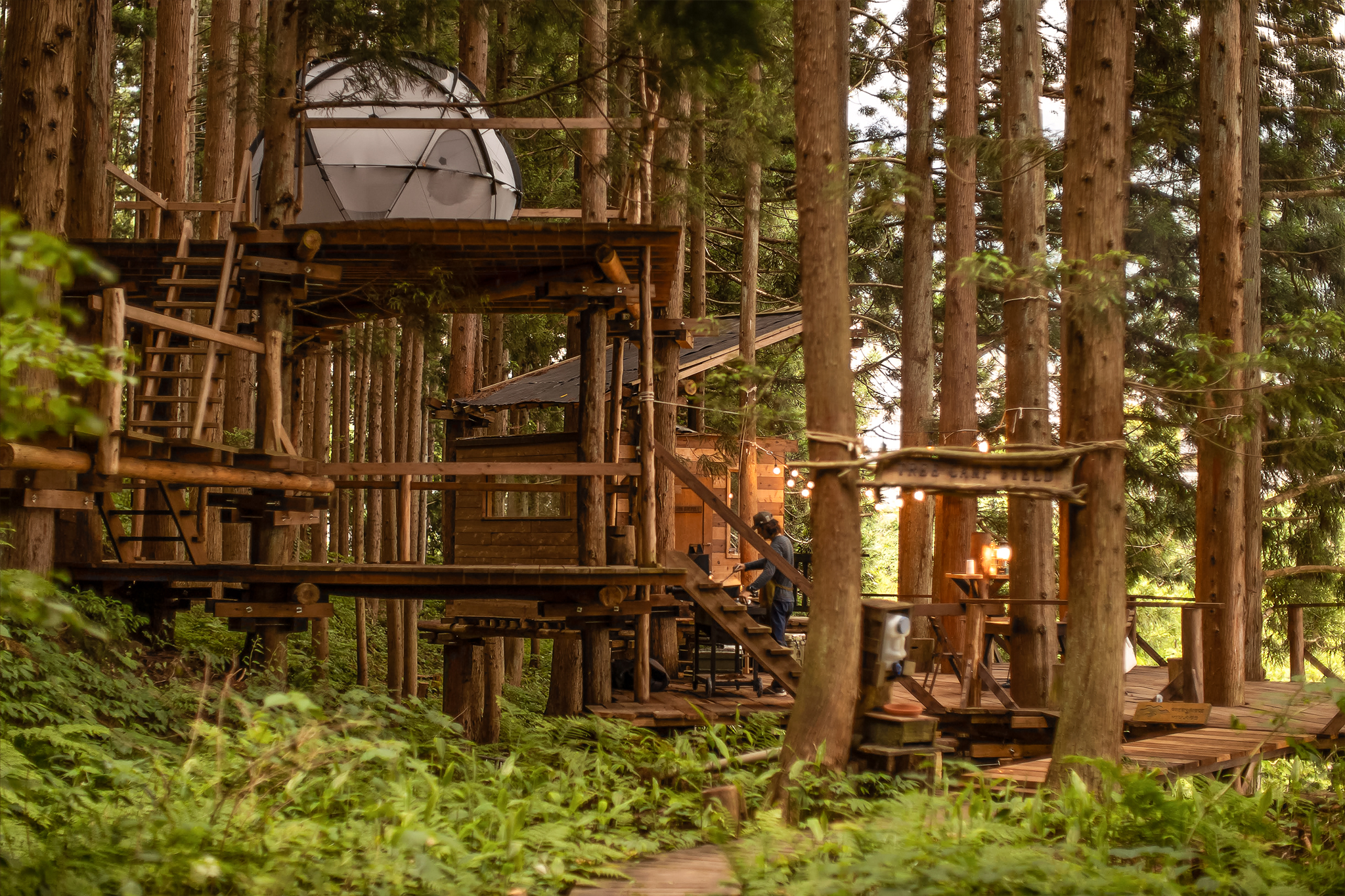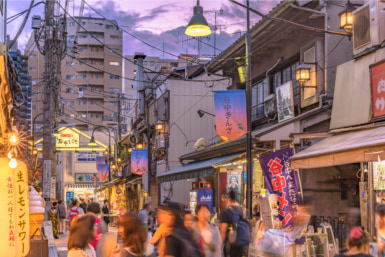Known for its pristine powder snow and historic hot springs, Nozawa Onsen is an extremely popular destination for skiers and snowboarders in winter. As we recently found out, though, this charming little resort town in Nagano Prefecture is also well worth visiting during the warmer months of the year. Located in a valley surrounded by ancient forests, it’s a setting where people can forge a deep connection with nature, benefiting one’s physical and mental well-being. During our trip there in July, we took part in Life Farming Camp, a spiritually enriching and immersive agritourism experience with some amazing food, breathtaking scenery and a distinctive sauna.
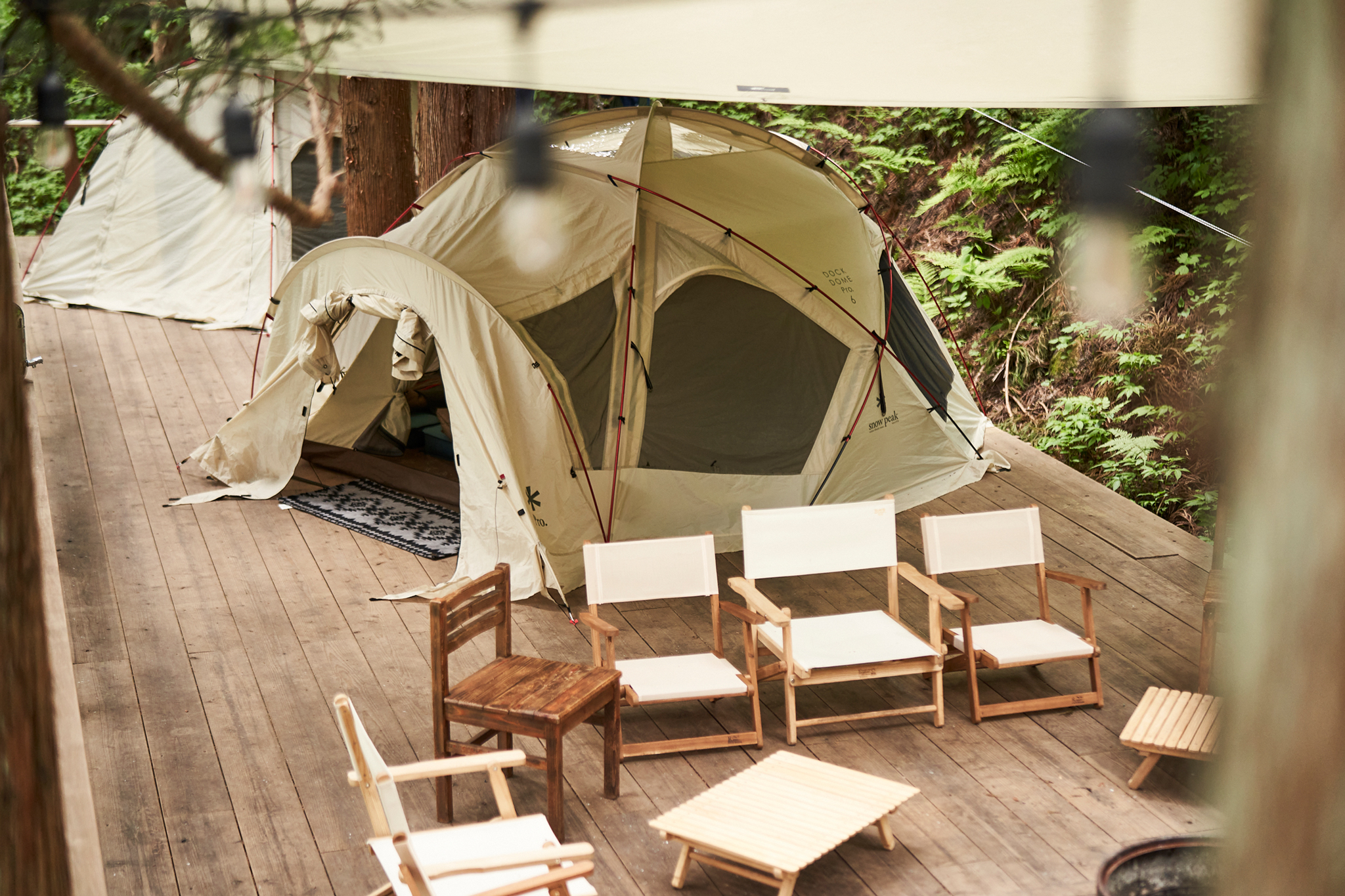
Day One: The Afternoon
Life Farming Camp, which launched in 2020, is all about a self-sufficient lifestyle supported by water and the mountains. On this occasion, we had the choice of two courses. They were basically the same except one included an outdoor sauna while the other featured a Zen meditation experience at a nearby temple. We opted for the former. After checking in at Shichirohei Coffee shop and learning about what makes Nozawa Onsen special, our retreat began with a trip up to the Uenotaira Highlands, with a short stop off to sample the village’s famed spring water along the way.
The first thing we noticed when arriving at the Uenotaira Highlands was how pleasant the temperature was. This probably shouldn’t have come as a surprise considering we were now at an altitude of 1,650 meters. After walking past a warning sign about bears, we entered the gorgeous virgin beech forest. The mystical scenery here looked like something you’d see in a Ghibli film. Taking in the power of the trees, some of which are hundreds of years old, it’s a great place for the Japanese practice of shinrin-yoku (forest bathing).
Following that leisurely nature trek, we got back on the shuttle bus and headed to our accommodation for the evening: Nozawa Green Field. A private campsite in the shape of a treehouse, it’s limited to one group (of at least six people) daily. The brainchild of former national skier Kenji Kono, who built it along with his friends, it’s like a hidden wooden paradise nestled in among the tall Japanese cedar trees. To make things more comfortable, we were given some equipment, including a light and phone charger. After that, it was time to start erecting our tents, with the help of staff members.
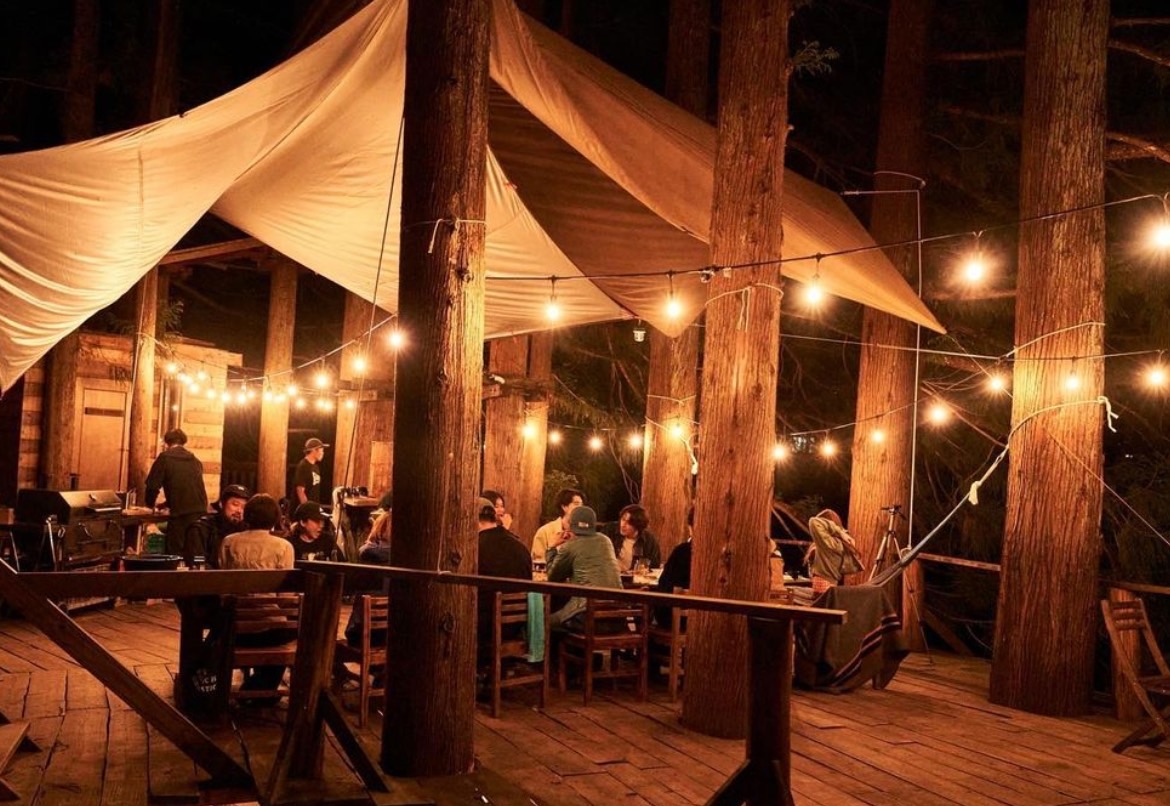
Day One: The Evening
It’s a delightful site that was built without damaging any trees. What makes it even more special is the vegetable garden down below. That was where we spent the early part of the evening, picking out organic ingredients for our dinner. We did this alongside our navigator for the retreat, Hayato Takano. With so much to choose from right in front of us, it wasn’t exactly a chore. That said, it was nice after doing some work to then head into the village to enjoy an onsen. What’s more, we had a collection of 13 public bathhouses to choose from.
Known as soto-yu, these public baths are available to both locals and tourists for free. Proudly run by a villagers’ association called Yu-Nakama (“hot water friends”), they’re open from 6am to 11pm every day and require visitors to bring their own toiletries, such as soap and shampoo. According to Takano, some of the bathhouses have scoldingly hot water, reaching above 60 degrees Celsius. That sounded too extreme, so we opted for Kumanoteara-yu at a more pleasant 40 degrees Celsius. It’s a tiny space, but the water felt good and is said to be effective in healing cuts and burns.
Feeling hungry after the soak, it was then time to head back to Nozawa Green Field for our barbecued dinner. This was arguably the highlight of the whole Life Farming Camp experience. From the freshest vegetables to the sumptuous salmon and sizzling pork ribs, it was a true feast prepared by the outstanding chef, Takamasa Hirahara, with some help from the guests. It felt like we were at a Michelin-starred restaurant rather than out in the wild. The night ended with a few glasses of wine in front of a bonfire.
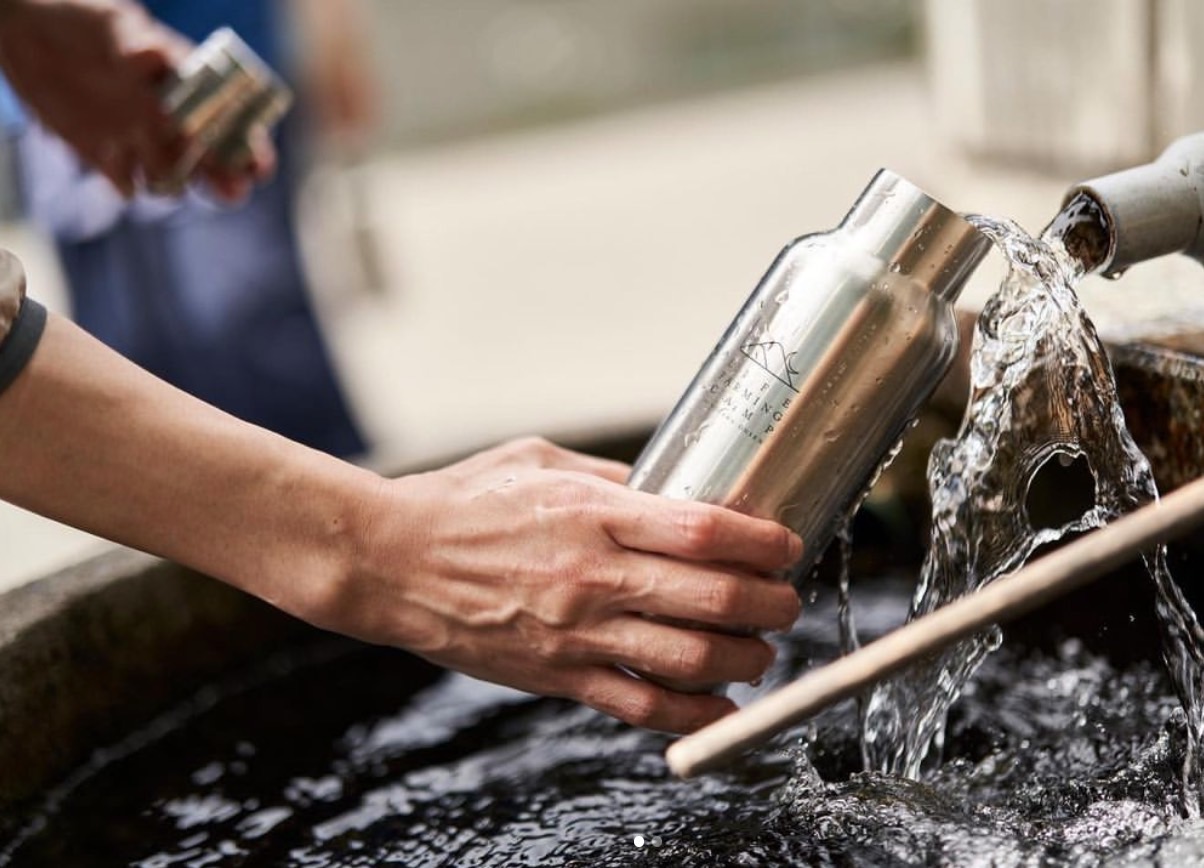
Day Two: The Morning
Waking up to the scent of the trees and the sound of the wind was the perfect way to start the day. What made it even better was the fact that the first thing on the agenda for the morning was a sauna in a custom-made tent. Our supervisor was a qualified member of the tent sauna specialist group, Madsaunist, who cooled us down by throwing cold water over our backs every time it got too hot. The delightful aroma inside was also therapeutic, adding to the sense of well-being.
Invigorated after all that sweating, we then had some time to kill. We decided to indulge in some more relaxation therapy at another hot spring bath. Prior to that, we looked around the village, which includes the national natural monument, Ogama. Known as Nozawa’s kitchen, it’s an onsen with nearly 100 degrees Celsius water. It’s where locals sometimes go to cook vegetables and eggs. Comprising five steaming pools, tourists are prohibited from entering, but can watch villagers preparing ingredients from the railings.
For the last leg of the retreat, we headed back to Shichirohei Coffee shop for our super healthy washoku breakfast. Having finished that, we still had some time before our Shinkansen, so we decided to visit Lake Hokuryu. This picturesque heart-shaped body of water is a popular site for couples. It’s also where Kono takes people out SUPping. That’s something people can enjoy if they take up Life Farming Camp’s more expensive, customizable plan. Other optional activities include mushroom picking and river fishing. There wasn’t time for any of that, though, as we headed back to the excruciating heat of Tokyo.
For more information about Life Farming Camp, see the official website (in Japanese only).

